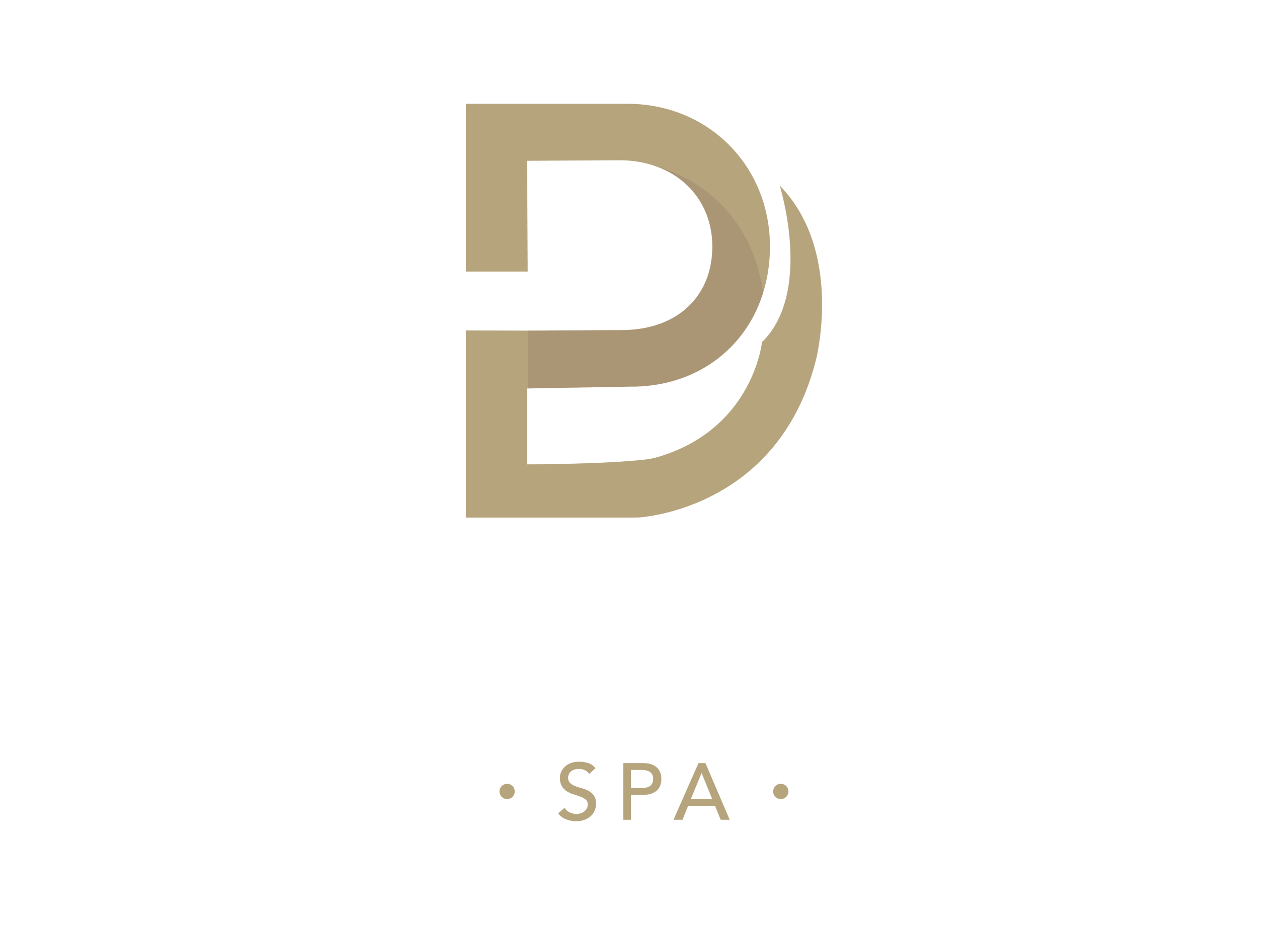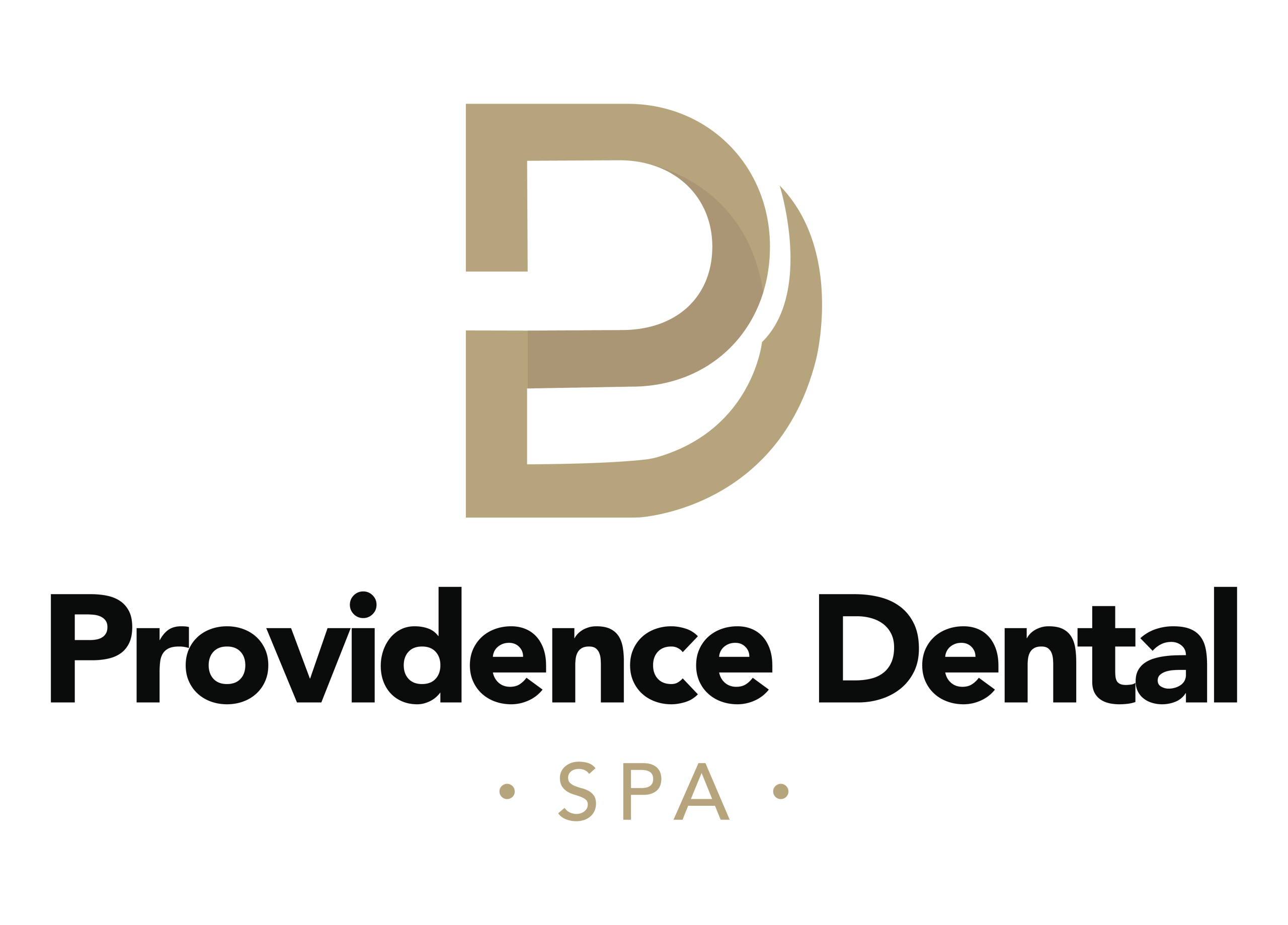Are you familiar with sleep apnea? Sleep apnea occurs when a person repeatedly starts and stops breathing during sleep and is a severe health complication.
Sleep apnea can go undiagnosed for quite some time. As Dr. Douglas Johnson says, “Basically, the tip of the iceberg is being treated right now.”
If you’re noticing any symptoms that Dr. Johnson mentioned, we recommend reaching out to a health care provider because you may potentially have an increased risk of sleep apnea.
Take a look at the potential factors we look out for:
Worn and Chipped Teeth
If your air is blocked during sleep, a natural response is for you to clench your teeth. This clenching can lead to your teeth becoming worn and chipped. Eventually, the enamel on your teeth will wear away, leaving teeth with sharp edges and smaller sizes. The grinding can also lead to severe dental conditions like periodontal disease, which we will spot.
Age and Any Previous Diseases
Dr. Johnson described his experience in monitoring patients that could be at risk for this illness:
“If you’re over 50, have high blood pressure, or your BMI is a little high, all of those things contribute to the likelihood that you’ll experience sleep apnea.” In addition to many of the other symptoms on this list, we consider your current health status, your age, and any other diseases you have that could increase the chances of you developing this condition.
Broken Crowns or Veneers
In addition to wearing away your enamel, the constant teeth grinding that can occur during sleep apnea can also break the restorative dental work you’ve had. Features such as crowns, veneers, or even fillings are at risk for breaking. This is something that your dentist will likely notice as they are giving you a routine check-up.
Fatigue
Because sleep apnea can cause feelings of choking and gasping because your airwaves are being obstructed, it’s highly likely that you may wake up during the night. Also, the fact that your body is not receiving the proper amount of oxygen throughout the night can contribute to not getting the rest you need.
“The reason that we’re so tired is that we never to get to stay down in the deeper sleep where we get rested and our brain gets reoxygenated, ” said Dr. Johnson, who himself has also had to deal with the ups and downs that sleep apnea can bring to sleep.
Headaches and Jaw Pain
Are you having frequent headaches and discomfort in your jaw? If so, the effects of sleep apnea could be the culprit. When you clench and grind your teeth throughout the night, the tension moves from your mouth to other body parts, like your shoulders, neck, and head. This situation can result in potential discomforts like constant jaw pains and headaches. Additionally, not getting enough oxygen can contribute to headaches and migraines.
Throat Redness
Loud snoring is a common symptom associated with sleep apnea and can point to a breathing and oxygen deprivation issue during sleep. Frequent snoring can reveal itself through throat redness. While loud snoring alone doesn’t necessarily mean that sleep apnea is an issue, it can be a sign that there’s a problem when combined with other symptoms.
Sleep apnea is a serious issue that you should consider consulting a medical professional about. Our dental team can begin the process by helping you understand if some of the discomforts you’re feeling could be sleep apnea. First, we’ll look at your symptoms and determine if you need a sleep test. From there, we can refer you to a sleep specialist and potentially prescribe you a sleeping apparatus to use.
Dr. Johnson and the Providence Spa Dental team want to help you feel better by determining if you have sleep apnea. Please schedule an appointment with us at 478-779-1740 to get started.

